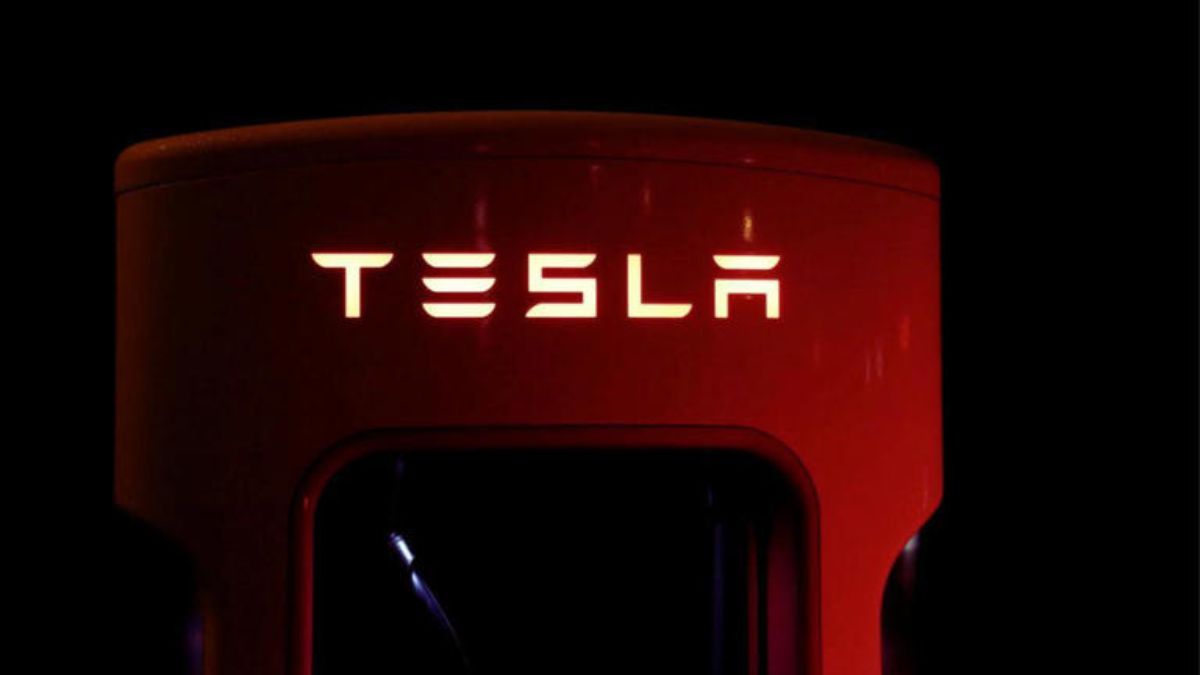Tesla has been ordered to pay $329 million by a Miami federal jury in connection with a fatal crash involving its Autopilot driver assist technology. The verdict, delivered on Friday, concludes a four-year legal battle and raises fresh concerns about the safety of Tesla’s semi-autonomous driving systems. It also introduces the possibility of more lawsuits against the company and could pose a threat to its public image as it continues promoting its self-driving ambitions.
The case centered around a crash in which a distracted Tesla driver struck a young couple who were stargazing. Although the driver admitted to using his phone at the time, the jury found Tesla significantly responsible, concluding that its Autopilot system failed and contributed directly to the deadly incident. This judgment rejects Tesla’s longstanding argument that drivers are ultimately accountable and highlights ongoing safety concerns with the technology.
What makes this case especially notable is that it went all the way to trial. In many similar lawsuits, Tesla has either succeeded in having them dismissed or opted for quiet settlements to avoid public attention. This outcome not only puts a spotlight on Tesla’s driver-assist technology but may also encourage more victims and families to pursue legal action.
The ruling comes at a delicate moment for Tesla and its CEO, Elon Musk. Musk is actively promoting a vision of fully autonomous vehicles, including the rollout of driverless taxi services in new cities. The company continues to market Autopilot and Full Self-Driving as advanced features, though critics have warned that they can create a false sense of security for drivers.
While Tesla has yet to issue a statement on the jury’s decision, the company is likely to face further scrutiny from regulators, safety experts, and consumers. The size of the award also signals growing legal and financial risks associated with Tesla’s autonomous technology, especially if courts continue holding the company accountable for system failures.
As Musk pushes forward with plans to expand Tesla’s driverless capabilities, the fallout from this case could affect public trust and potentially slow adoption, particularly if more lawsuits follow or if regulators intensify their oversight.


